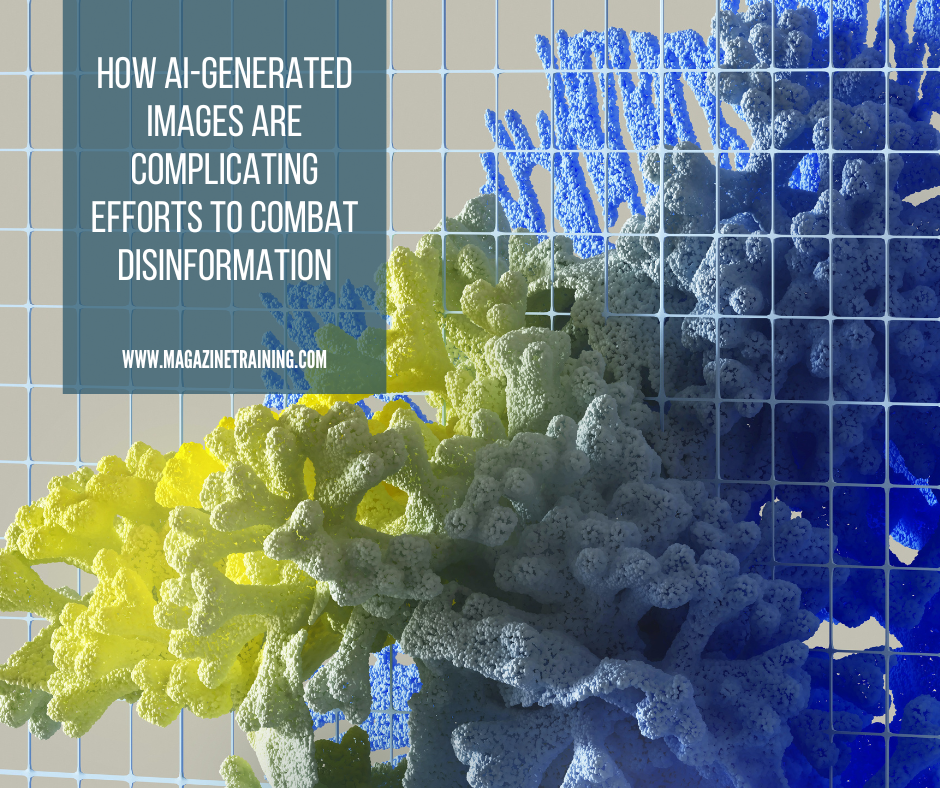
Artificial intelligence (AI)-generated images have sparked controversy in recent years, and the decision of Midjourney, a popular AI tool, to discontinue its free trials has prompted discussions among journalists about who gets to control AI use.
“Due to a combination of extraordinary demand and trial abuse, we are temporarily disabling free trials until we have our next improvements to the system deployed,” said David Holz, Midjourney’s founder, in March.
Although Holz was not specific about what abuse had prompted the decision, he announced the change a few days after a series of false images, including one of former U.S. President Donald Trump being arrested and another of Pope Francis wearing a fashionable jacket, went viral online.
The decision to cancel free access to Midjourney highlights how AI-generated images have contributed to the spread of mis- and disinformation online, and the challenges journalists face with new AI technologies. Here’s what journalists should know:
Journalists’ use of AI generating tools
Journalists use AI-generated images to create illustrations and visualizations that can enhance their stories and engage their audiences. For example, a journalist can use Midjourney to create an image of a character based on a description from a book review, or to generate a landscape of a hypothetical scenario (such as an extrasolar planet) based on a scientific report.
“For the most part, uses of AI generated images for journalism that I’ve seen are more of a value add, used in cases where images are nice to have and would be expensive to create, but are not a required core piece of the work,” said Brandon Roberts, a U.S.-based independent data journalist.
However, while journalists largely use AI-generated images responsibly, other uses have been more controversial. For example, Eliot Higgins, founder of Bellingcat, a collective of investigative journalists, used Midjourney to create images of politicians to tell hypothetical but fictional stories.
by
Photo by Google DeepMind on Unsplash
Related posts
Magazine Training International’s mission is to encourage, strengthen, and provide training and resources to Christian magazine publishers as they seek to build the church and reach their societies for Christ.

